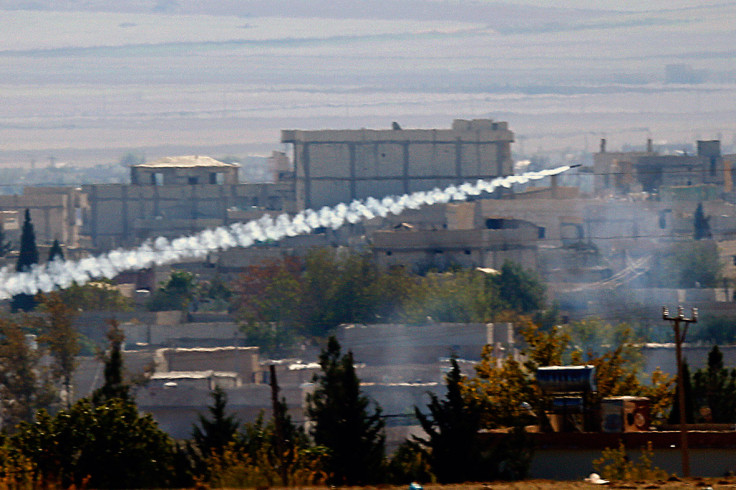Iraq: Isis hurl scorpion bombs with thousands of poisonous creatures to create panic

Islamic State (Isis) militants are adding to their reign of terror by deploying 'scorpion bombs' to towns and villages in Iraq.
The ancient weapon tactic, used as far back as 198 AD, is now being used to unleash fear among Iraqi communities, according to Hamish de Bretton-Gordon, an ex-army head of chemical and biological weapons.
IS were launching the poisonous creatures in 2ft bombs to create a "psychological impact" rather than mass casualties, de Bretton-Gordon told the Mirror on his return from Baghdad.
"Scorpions are robust – even if they are launched a couple of miles when the canister breaks thousands are flung out and start crawling all around," he said.
"Some scorpions are very poisonous but the main thing is creating fear."
He added: "It's madness. IS have improvised devices to launch them. They promote the fact that they are doing it and it creates panic."
Iraqis used scorpions as successful weapons against the Romans 2,000 years ago. They stuffed them into ceramic pots and threw them at Roman armies to drive them out of the besieged city of Hatra.
Adrienne Mayor, a historian of ancient science and classical folklorist, researched the weapon in her 2004 book Greek Fire, Poison Arrows & Scorpion Bombs: Biological and Chemical Warfare in the Ancient World.
"It was the brute effectiveness of Hatra's defensive biological and chemical weapons that overcame Roman morale, manpower and siege machines," she writes. "The terror effect would be quite impressive."
Last week, the US confirmed a further 20 air strikes were launched against IS targets, including Sinjar, Qaim, Ramadi, Mosul, Samarra and inside Kobane.
© Copyright IBTimes 2025. All rights reserved.




















